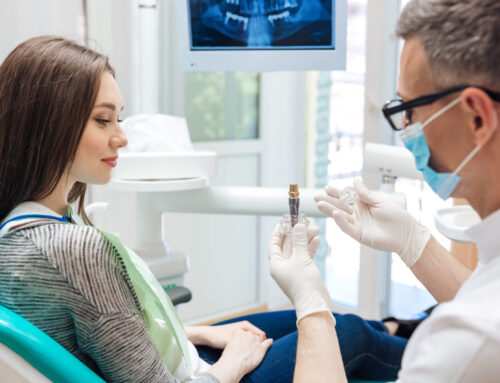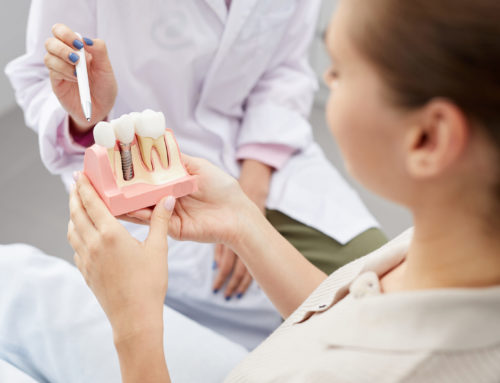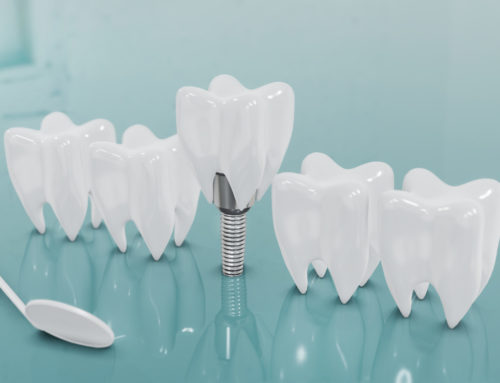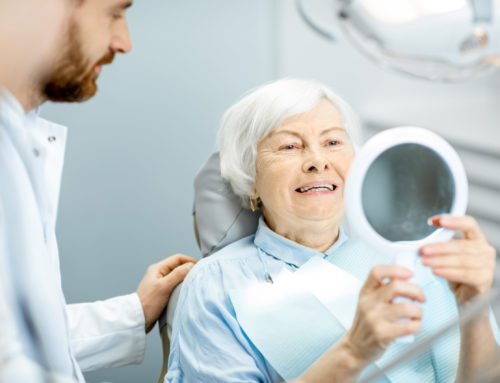Smoking and dental implants do not go hand in hand. In fact, smokers who choose to obtain dental implants may find they are at much higher risk of infection following oral surgery, and that the healing process is either significantly delayed, or will not take place. Smoking has been shown to have numerous negative health effects. As such, every oral surgeon and dental specialist will continue to share vital information regarding the risks associated with smoking and dental implants. Read on to learn more about how smoking can affect this oral procedure.
Poor Candidacy for Implant Procedures
Ultimately, smoking usually leads to a person being declared a poor candidate for dental implants. The nicotine present in cigarettes, as well as many other by-products produced when a person smokes, limits blood flow to areas in the mouth supplied blood by peripheral blood vessels. As a result, the mouth takes longer to heal and the immune system is weakened, both of which can affect the success rate of a dental implant. Furthermore, smoking damages salivary glands found in the mouth, which leads to dry mouth. This puts a person more at risk of periodontal disease, which also has a negative impact on implant success as well.
Increased Implant Failure
Researchers in Spain found that patients who smoke have an over 15% dental implant failure rate, which is much higher than the nearly 1.4% failure rate seen in non-smokers.1 This may be due to greater bone loss seen in patients who smoke, or due to the patient’s failure to maintain osseointegration, the process in which the dental implant and bone fuse together, over time. Both lead to implant failure.
Missed Opportunities for Procedure Success
At Oral and Maxillofacial Surgeons of Houston (OMSH), we want patients to be pleased with their results regardless of which procedure they choose. For this reason, when meeting with an oral maxillofacial surgeon for a consultation on dental implants, patients need to be forthcoming regarding their smoking habits and other habits that could affect the procedure’s outcome. With this information, our experienced surgeons can make recommendations on steps to be taken to reduce complications and minimize risks; or we can offer alternatives that may better meet patient needs.
For further assistance and more information, contact OMSH online, or call 832.509.4505. We’ll be happy to assist in helping you get your confident smile back!





